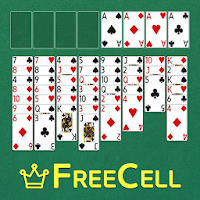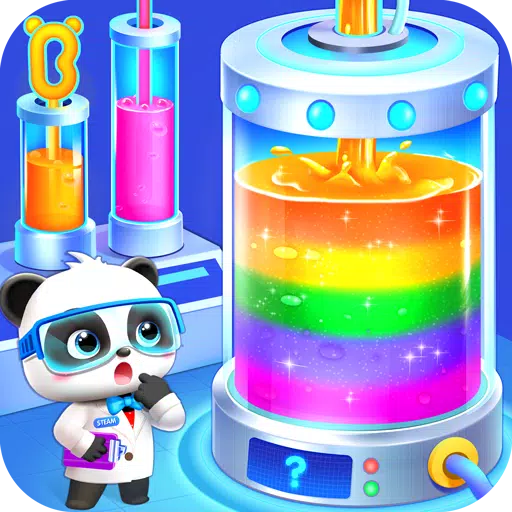The use of artificial intelligence (AI) in gaming has become a growing topic of discussion, with notable voices in the industry sharing their perspectives. Among them, NieR series director Yoko Taro has voiced concerns that AI could eventually displace game creators, potentially leading to widespread job losses in the field.
In a recent interview featured in Famitsu and translated by Automaton, several acclaimed Japanese developers known for their narrative-driven games shared their insights on storytelling and the evolving role of technology. The panel included Yoko Taro, Kotaro Uchikoshi (Zero Escape, AI: The Somnium Files), Kazutaka Kodaka (Danganronpa), and Jiro Ishii (428: Shibuya Scramble).
When asked about the future of adventure games, both Uchikoshi and Yoko Taro addressed the impact of AI. Uchikoshi shared, “There’s a lot of new games I want to create, but with AI technology evolving at such a high speed, I fear that AI-generated adventure games will become mainstream.” He emphasized that while AI is advancing rapidly, it still falls short in delivering the kind of exceptional, emotionally resonant writing that only human creators can produce. For him, preserving the “human touch” is essential to staying ahead of technological trends.
Yoko Taro echoed these concerns, stating, “I, too, believe that game creators may lose their jobs because of AI. There’s a chance that in 50 years, game creators will be treated like bards.” His comment reflects a deeper worry about how creative roles might be devalued in the future, much like traditional storytellers of the past.
The conversation also explored whether AI could replicate the intricate worlds and complex narratives characteristic of their games. Yoko and Ishii acknowledged that AI might one day mimic such storytelling. However, Kodaka argued that even if AI could reproduce their styles, it wouldn’t truly be a creator. He compared the idea to imitating director David Lynch—while someone might write in Lynch’s style, only Lynch himself can evolve his own artistic identity while maintaining authenticity. That unique creative evolution, Kodaka noted, is something AI cannot replicate.
Yoko suggested that AI could be used as a tool—for example, generating alternative story routes in adventure games. Yet Kodaka cautioned that such personalization might diminish the shared cultural experience of playing the same game in the same way, weakening the communal aspect of gaming.
As AI continues to advance, industry leaders remain divided. While some, like Capcom and Activision, are experimenting with generative AI, others remain cautious. Nintendo president Shuntaro Furukawa has acknowledged that generative AI can be used in “creative ways,” but warned of potential intellectual property challenges. Similarly, Microsoft and PlayStation have also begun engaging in the conversation, recognizing both the opportunities and ethical complexities AI brings to game development.















